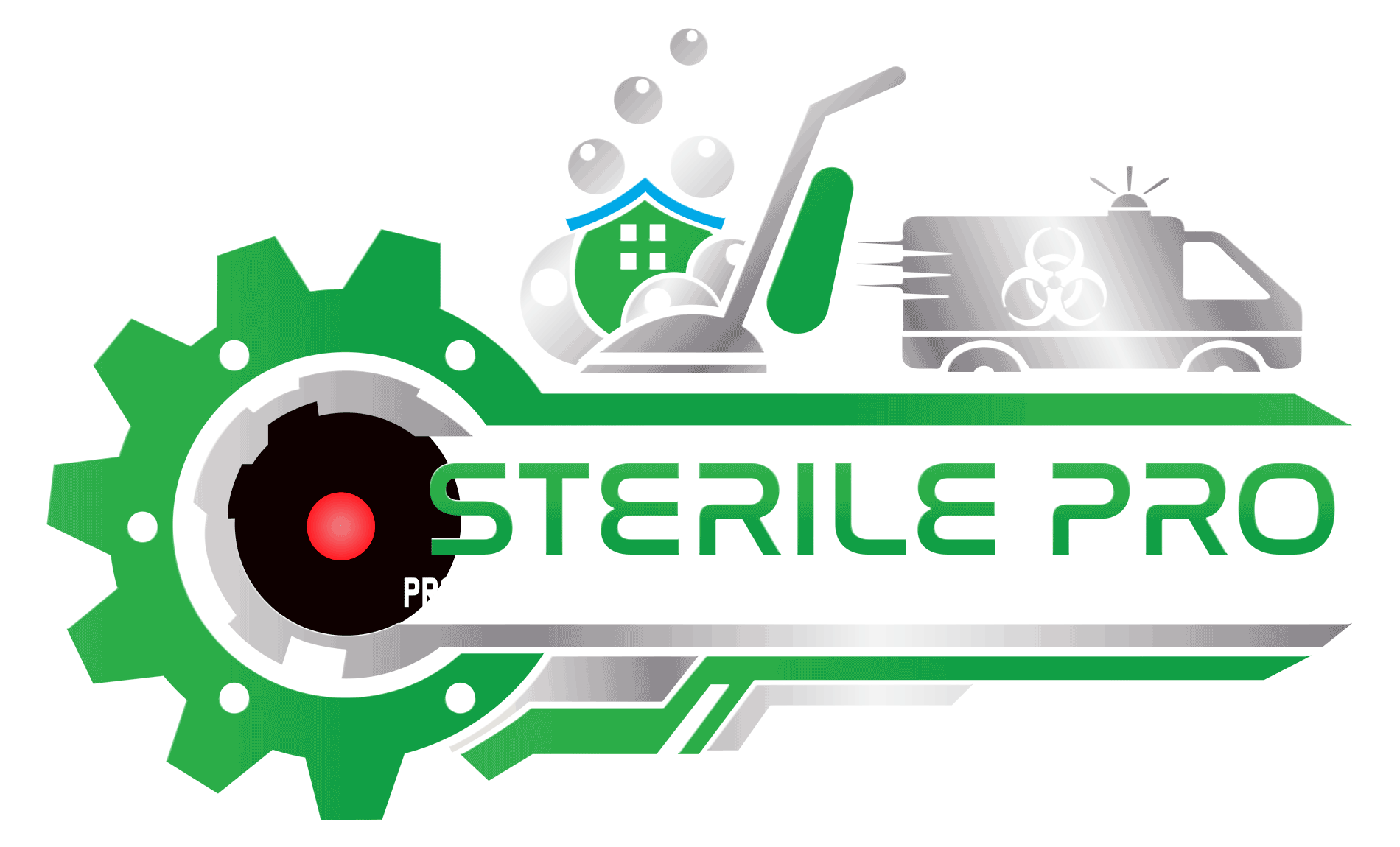Understanding the Financial Aspects of a Cleaning Franchise Business

Entering the realm of owning a cleaning franchise involves more than just wielding a mop or managing a team of cleaners. It’s a strategic venture into the world of business ownership, where financial acumen plays a pivotal role in success. A cleaning franchise offers entrepreneurs a structured path into business ownership with the added benefit of established brand recognition and operational support. However, before embarking on this journey, it’s crucial to grasp the intricate financial aspects that underpin such a venture.
First and foremost, the financial commitment of acquiring a cleaning franchise varies widely depending on factors like the franchise brand, geographic location, and the specific services offered. Initial investments typically include franchise fees, which grant access to the brand, training, and ongoing support. These fees can range from moderate sums to substantial investments, reflecting the brand’s market position and reputation. Beyond initial costs, franchisees often face ongoing royalties or marketing fees, structured to support the broader brand and marketing efforts that drive customer acquisition.
Moreover, understanding the financial health of a cleaning franchise requires a deep dive into operational costs and revenue streams. Operational costs encompass everything from staffing and cleaning supplies to administrative expenses and rent. Franchisees must carefully assess these expenses against projected revenues to gauge profitability and sustainability. Unlike starting an independent business, joining a franchise network offers the advantage of shared resources and collective bargaining power, potentially lowering procurement costs and enhancing operational efficiency.
Furthermore, financial planning for a cleaning franchise extends beyond day-to-day expenses. It involves forecasting cash flow, managing working capital, and planning for long-term growth and expansion. Successful franchise owners often leverage financial tools and metrics to track performance, identify trends, and make informed decisions that drive profitability. This proactive approach not only ensures financial stability but also positions the franchise for strategic initiatives such as expansion into new territories or diversification of service offerings.
In essence, while the allure of entrepreneurship through a cleaning franchise is compelling, it’s essential for prospective franchisees to navigate the financial landscape with clarity and foresight. By understanding the financial intricacies from initial investment to long-term sustainability, entrepreneurs can confidently embark on their journey towards building a successful and profitable cleaning franchise business.
Navigating Initial Investments: Understanding Franchise Fees and Startup Costs
Before diving into the operational details of running a cleaning franchise, prospective franchisees must first navigate the landscape of initial investments. Central to this financial commitment are the franchise fees, which serve as the gateway to joining an established brand’s network. These fees vary widely depending on the prestige and market position of the franchise. Established brands with strong market recognition often command higher initial fees, reflecting the value of their brand equity and the comprehensive support provided to franchisees. In contrast, newer or regional franchises might offer lower entry costs but could present higher risks associated with brand recognition and operational support.
Beyond franchise fees, startup costs encompass a spectrum of expenditures essential to launching a cleaning franchise. These costs typically include expenses such as equipment procurement, initial marketing efforts, lease agreements for commercial space, and the hiring and training of staff. Each of these components contributes significantly to the initial financial outlay and requires meticulous budgeting to ensure a smooth operational launch. Moreover, franchise agreements often stipulate ongoing royalties or marketing fees, which franchisees must factor into their financial projections and operational budgets.
Financial Projections and Budgeting: Establishing a Solid Financial Foundation
Establishing a cleaning franchise on a solid financial footing necessitates thorough financial projections and budgeting. Successful franchisees engage in detailed forecasting to anticipate revenue streams and project expenses accurately. This process involves analyzing historical financial data provided by the franchisor, evaluating market trends, and accounting for local economic conditions that may impact business operations. By developing robust financial projections, franchisees can set realistic goals, manage cash flow effectively, and navigate potential financial challenges with agility.
Budgeting within a cleaning franchise context extends beyond basic income and expense management. It requires a strategic approach to allocating resources across various operational areas such as staffing, inventory management, and marketing initiatives. Effective budgeting enables franchise owners to optimize operational efficiency, control costs, and reinvest profits into growth initiatives. Moreover, franchisors often provide standardized financial templates and benchmarks to guide franchisees in creating budgets that align with the brand’s operational standards and financial expectations.
Operational Costs and Financial Management: Balancing Expenses and Profitability
Central to the financial health of any cleaning franchise are its operational costs and the ability to balance these expenses against revenue generation. Operational costs encompass a broad spectrum of expenditures, including payroll for cleaning staff, procurement of cleaning supplies and equipment, utilities, insurance premiums, and administrative overhead. Franchisees must meticulously track these expenses to maintain profitability and operational sustainability. Moreover, understanding cost structures and identifying areas for cost optimization can significantly impact the franchise’s bottom line.
Financial management within a cleaning franchise context involves implementing strategies to control operational costs while maximizing revenue potential. This includes negotiating favorable supplier contracts, leveraging economies of scale through bulk purchasing, and optimizing staffing levels to meet demand fluctuations efficiently. Additionally, implementing technology solutions for operational efficiency, such as scheduling software and inventory management systems, can streamline processes and reduce overhead costs. By proactively managing operational expenses, franchise owners can enhance profitability and strengthen their financial position within the franchise network.
Revenue Streams and Profitability: Analyzing Income Sources and Growth Opportunities
In addition to managing costs, successful cleaning franchise owners focus on diversifying and maximizing revenue streams to drive profitability. Primary revenue sources typically stem from recurring cleaning contracts with commercial clients, residential cleaning services, and specialized cleaning projects. The ability to secure long-term contracts and recurring revenue streams provides stability and predictability to the franchise’s financial performance. Furthermore, identifying opportunities for upselling additional services or expanding into niche markets can unlock new revenue potential and foster business growth.
Analyzing income sources within a cleaning franchise involves assessing the profitability of different service offerings, pricing strategies, and customer acquisition channels. Franchisees may conduct market research to understand customer preferences, competitive pricing benchmarks, and industry trends that influence consumer spending on cleaning services. By aligning service offerings with market demand and optimizing pricing strategies, franchise owners can enhance revenue generation and capitalize on emerging business opportunities. Additionally, fostering strong client relationships and delivering exceptional service quality can drive customer retention and increase referral business, further bolstering revenue streams.
Financial Metrics and Performance Evaluation: Leveraging Data for Informed Decision-Making
Monitoring and evaluating financial metrics are essential practices for maintaining financial health and driving strategic growth within a cleaning franchise. Key performance indicators (KPIs) such as revenue per client, customer acquisition cost, profit margins, and average contract duration provide valuable insights into business performance and operational efficiency. Franchise owners leverage these metrics to identify strengths, address areas for improvement, and make informed decisions that optimize financial outcomes.
Effective performance evaluation within a cleaning franchise involves setting benchmarks and goals aligned with the franchise’s strategic objectives. Franchisees may collaborate with the franchisor’s support team or engage financial consultants to conduct regular financial reviews and audits. These reviews assess adherence to budgetary targets, profitability trends, and overall business viability. Moreover, benchmarking against industry standards and peer comparisons enables franchise owners to benchmark their performance and identify opportunities for operational enhancement or strategic realignment.
Financial Planning for Long-Term Sustainability: Strategies for Growth and Expansion
Achieving long-term sustainability within a cleaning franchise necessitates proactive financial planning and strategic foresight. Franchise owners develop comprehensive financial plans that outline growth strategies, capital investment priorities, and contingency measures to mitigate risks. This planning process involves forecasting financial requirements for expansion initiatives, such as opening new franchise locations, upgrading equipment, or investing in marketing campaigns to increase brand visibility.
Strategic financial planning also encompasses building reserves for unforeseen expenses, economic downturns, or seasonal fluctuations in business activity. Establishing a financial cushion allows franchisees to weather financial challenges without compromising operational stability or service delivery. Furthermore, franchisees may explore financing options tailored to the needs of cleaning franchise operations, such as equipment leasing, business loans, or lines of credit to support growth objectives and capitalize on market opportunities.
Conclusion
In conclusion, navigating the financial aspects of a cleaning franchise business requires a blend of strategic planning, financial acumen, and operational efficiency. From understanding initial investments and budgeting to managing operational costs, maximizing revenue streams, and leveraging financial metrics for informed decision-making, successful franchise owners prioritize financial health as a cornerstone of sustainable growth. By embracing proactive financial management practices and aligning with the franchisor’s operational standards, franchisees can build a resilient business foundation that withstands challenges and capitalizes on opportunities within the competitive cleaning industry landscape.
“For more information please click on this link“



